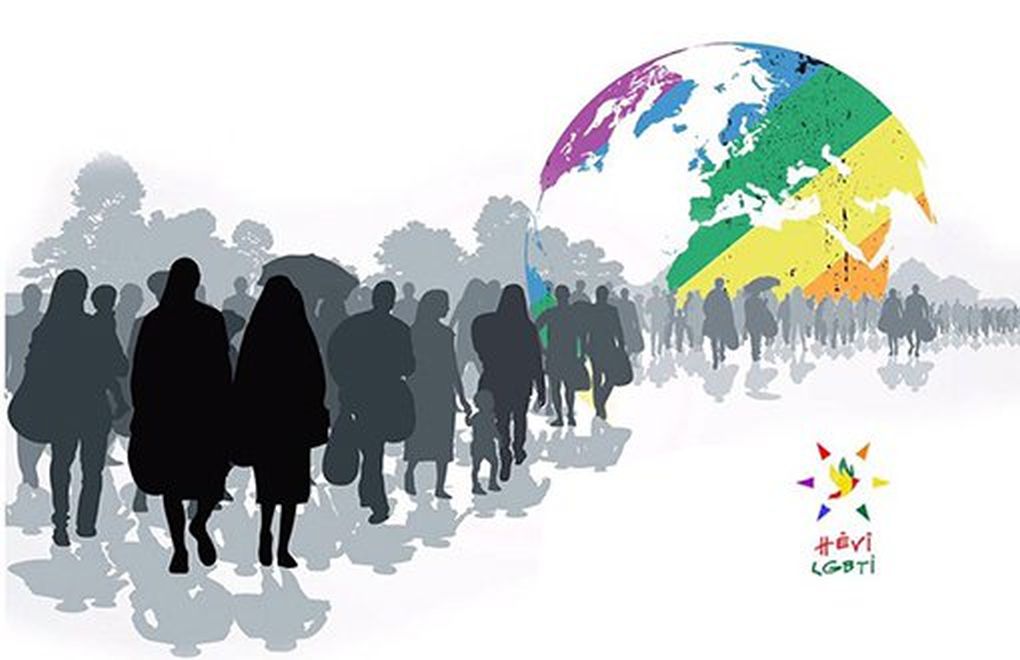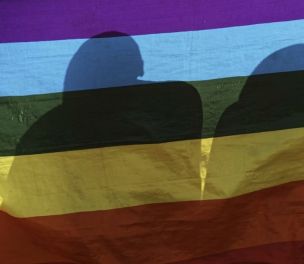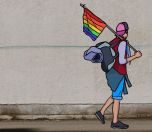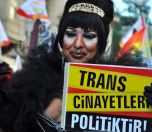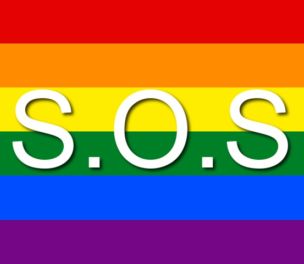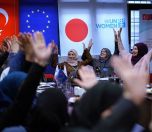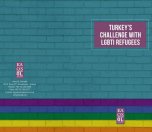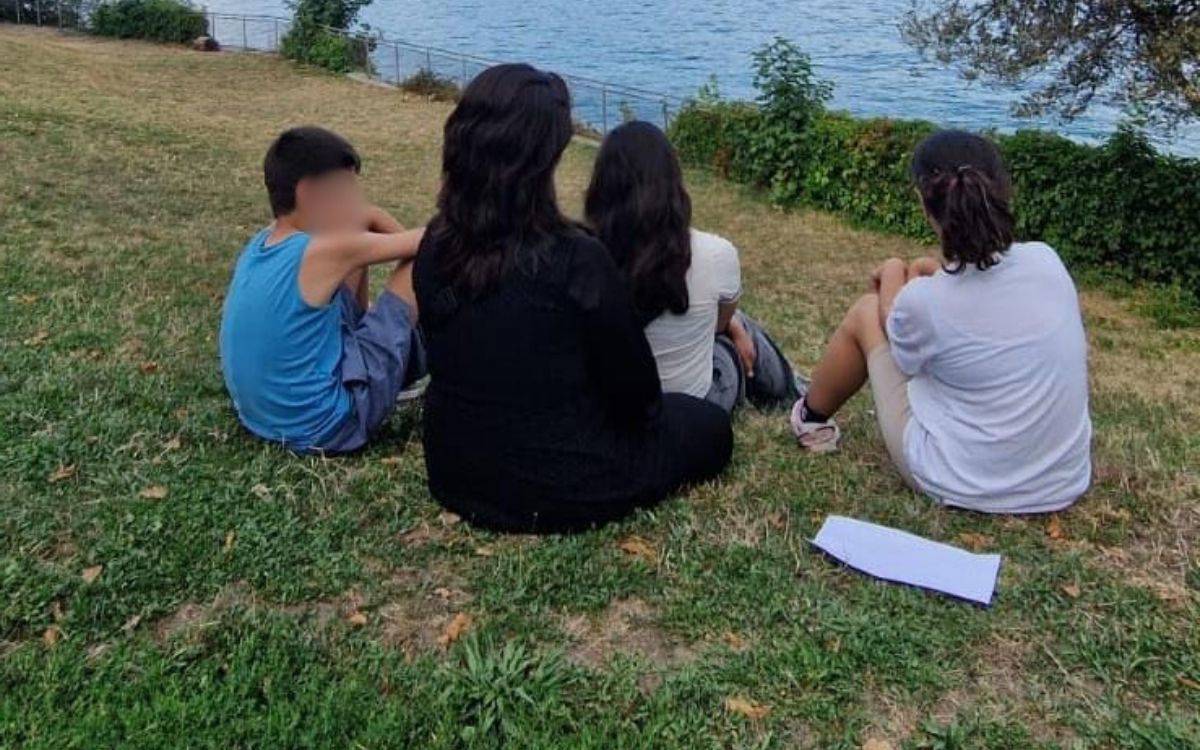Click to read the article in Turkish
Refugee LGBTI+s' already big problems have grown even more with the new coronavirus outbreak as many have lost their jobs and are facing to lose their homes as well, according to a new report by the HEVİ LGBTI+ Association.
"During the period of the pandemic, refugee LGBTI+s should be provided with free access to food and hygiene supplies. State institutions or international organizations working in the field of refugees should do this," says Müzeyyen Ataç from the association.
"Refugee LGBTI+s should be given rent support, albeit for a short term. Because most of them are facing the threat of being thrown into the streets," she notes.
Health insurances were canceled
Here are what refugee LGBTI+s told the HEVİ LGBTI+:
"You know, there was no health insurance anymore. There were no preliminary preparations in this regard. However, there are people with chronic diseases, people living with HIV... This application shocked everyone.
"There were problems with doctor appointments. People who had a health problem and had to take medication had problems. Later, the Provincial Migration Administration softened this situation. They began to insure [people] through [medical] reports. Refugee LGBTI+s, who already had economic troubles, had to pay 100 lira to receive a report. 100 lira might seem small, but this is a big amount for refugees.
"Gandhi had a saying: 'If you want to take the life of a person, two things are enough: First, to take away their health coverage, second, cut their communication.' Both of these have been done. Health insurances were closed, sim card purchases were restricted."
Refugees can't access masks
"Covid came and everybody was laid off. No one had savings before the pandemic, the wages were not enough to make savings anyway. Rents were very high. Even if five people were living in a house, there was no economic power to pay the rent.
"One thing we faced during the pandemic was that sanitizer prices spiked. The price of cologne that we would buy for 2 liras up until yesterday spiked, people couldn't buy cologne. There were problems in the distribution of masks. Masks have become inaccessible to refugees. Going out has become impossible."
"Before Covid, refugees were already subjected to discrimination. When Covid was added to that, refugees were secluded in their homes even more. Covid restricted life, social life. Because you are at home. You don't work. You have plenty of time to think about your problems. And you end your life..."
"During the pandemic, health services for refugees who are suspected to have Covid have become free of charge. As far as I know, there were no refugee LGBTI+s who are suspected to have Covid, but we all had anxiety. We did not receive information that refugee LGBTI+s who went to the hospital with the suspicion of Covid were subjected to discrimination in our city but we heard that there was discrimination in other cities."
Refugees who went to the border lost their homes
"We had another crisis that coincided with the pandemic: The crisis of the opening of borders, refugees going to borders. Our refugee LGBTI+ friends abandoned their homes overnight. They sold their houseware for very little amounts of money and headed to the border. When they returned, they neither had the money nor a home.
CLICK - LGBTI+s Stranded at Turkey-Greece Border: Everyone Has Forgotten About Us
"They were in a very bad psychological state. They also suffered discrimination from their own friends because the returns from the border coincided with the pandemic. They were told, 'You went to the border. You must certainly be contracted Covid. I can't let you in my house. I think about my health.' Many people were left in the middle."
"The whole world is now experiencing uncertainty. Refugees have always experienced uncertainty for years before coronavirus. People probably understood us better during the pandemic. Because they have seen what uncertainty means, what it means to be stigmatized. I am in Turkey now, I have never known when I will go to a safe third country.
"The only thing we need to know in this period is that some of the refugees are fighting starvation. There are no jobs, no support. We either didn't have access to masks at all or had in very difficult conditions." (EMK/VK)





